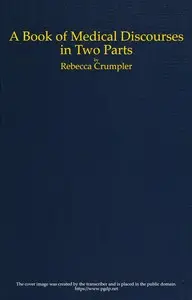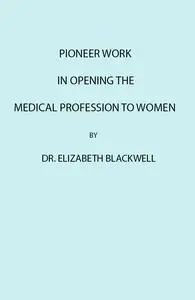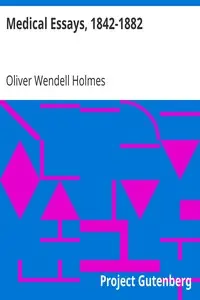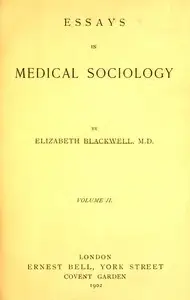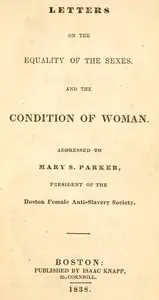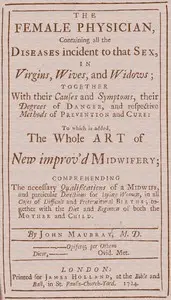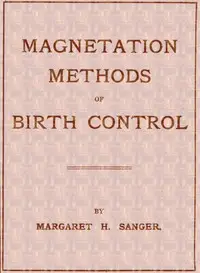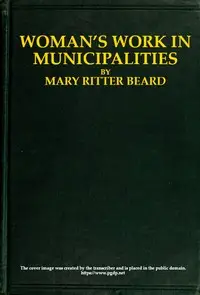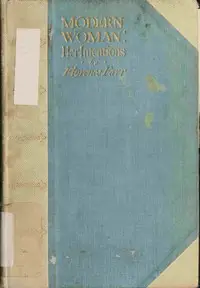"Medical Women: Two Essays" by Sophia Jex-Blake is a pair of writings from the 1800s that makes the case for women doctors. It argues that women should be allowed to study and practice medicine because they have special traits that make them good at it. The book uses stories from the past to show how women have always helped with healing, and it points out all the unfair things stopping them from getting medical training and jobs. Jex-Blake questions the old ideas about why women shouldn't be doctors, like that it's not normal or right for them. Overall, the essays try to convince people that women can be great doctors and that things need to change so they can have a fair chance.
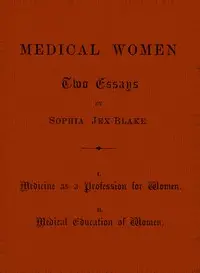
Medical Women: Two Essays
By Sophia Jex-Blake
Challenging social norms, this historical account champions the right for women to heal and practice medicine, revealing their untapped potential in a male-dominated field.
Summary
About the AuthorSophia Louisa Jex-Blake was an English physician, teacher, and feminist. She led the campaign to secure women access to a university education, when six other women and she, collectively known as the Edinburgh Seven, began studying medicine at the University of Edinburgh in 1869. She was the first practising female doctor in Scotland, and one of the first in the wider United Kingdom of Great Britain and Ireland; a leading campaigner for medical education for women, she was involved in founding two medical schools for women, in London and Edinburgh, at a time when no other medical schools were training women.
Sophia Louisa Jex-Blake was an English physician, teacher, and feminist. She led the campaign to secure women access to a university education, when six other women and she, collectively known as the Edinburgh Seven, began studying medicine at the University of Edinburgh in 1869. She was the first practising female doctor in Scotland, and one of the first in the wider United Kingdom of Great Britain and Ireland; a leading campaigner for medical education for women, she was involved in founding two medical schools for women, in London and Edinburgh, at a time when no other medical schools were training women.


